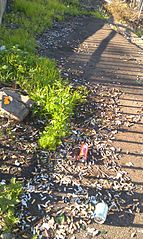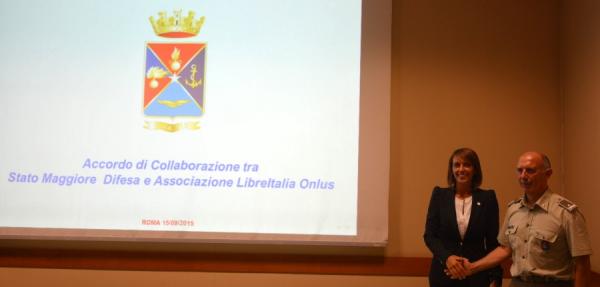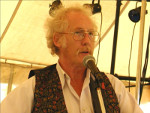 One topic which all newly elected local councillors anywhere in the country will encounter in their correspondence is dog fouling, especially as the UK’s dog population was estimated to be 9 million in 2014.
One topic which all newly elected local councillors anywhere in the country will encounter in their correspondence is dog fouling, especially as the UK’s dog population was estimated to be 9 million in 2014.
All those dogs have to eat and dispose of the subsequent waste products estimated by Keep Britain Tidy (PDF) to weigh in at a 1,000 tonnes per day.
Local authorities and town and parish councils have a variety of powers called Dog Control Orders to control the handling and behaviour of dogs on areas of land within their jurisdiction; these include an offence of failing to remove dog faeces.
The maximum penalty for committing an offence under a Dog Control Order is £1,000 in a Magistrates Court. However council officers may alternatively issue a Fixed Penalty Notice, usually set at £75.
Dear Bristol City Council,
This is a request for information under the Freedom of Information Act.
Kindly disclose the number of:
a) fixed penalty notices issued
b) prosecutions brought
in the last 5 years for dog fouling
1. within the entire local authority area
2. specifically within Easton & Lawrence Hill wards
Yours, etc.
The answer was received earlier this week.
You sent us a Freedom of Information request on 12/08/2015
Your request number is CRN00017902
Our reply to your request is:
This response should answer your request in full.
a) fixed penalty notices issued in the last 5 years for dog fouling
1. within the entire local authority area – 79
2. specifically within Easton & Lawrence Hill wards – 20
b) prosecutions brought in the last 5 years
1. within the entire local authority area – 32
2. specifically within Easton & Lawrence Hill wards – 4
One striking thing is just how low the overall figures for both fixed penalty notices and prosecutions are for a city of some 430,000 inhabitants, but then again the city council has a very small number of enforcement officers (posts passim) who also have to deal with fly-posting, fly-tipping, litter and other environmental crimes besides dog fouling.
As can also be seen from the statistics, the city’s Easton and Lawrence Hill wards – the areas in which Tidy BS5 campaigners are active – account for about one quarter of fixed penalty notices issued for dog fouling throughout the entire city. Given the city council’s low levels of enforcement in other Easton and Lawrence Hill for enforcement officers’ other areas of responsibility, this figure is quite astounding. This figure could have been influenced by the dog fouling campaign carried out in both wards 2 years ago by Up Our Street.
Dog fouling in Bristol can be reported online to the city council.
In addition, for elsewhere in the UK, the Gov.uk website has a handy dog fouling reporting page.


 Matthias Kirschner and Alessandro Rubini are the new President and Vice-President respectively of the
Matthias Kirschner and Alessandro Rubini are the new President and Vice-President respectively of the  The last email newsletter from
The last email newsletter from  The idea of Software Freedom Day (SFD) is for everyone without a vested interest in proprietary software to unite and educate the world about the ideals of Software Freedom and the practical benefits of Free Software. August 28th 2004 was the first ever Software Freedom Day and was initiated group of FOSS believers – Matt Oquist, Henrik Omma and Phil Harper – with the idea of distributing
The idea of Software Freedom Day (SFD) is for everyone without a vested interest in proprietary software to unite and educate the world about the ideals of Software Freedom and the practical benefits of Free Software. August 28th 2004 was the first ever Software Freedom Day and was initiated group of FOSS believers – Matt Oquist, Henrik Omma and Phil Harper – with the idea of distributing 

 One topic which all newly elected local councillors anywhere in the country will encounter in their correspondence is dog fouling, especially as the
One topic which all newly elected local councillors anywhere in the country will encounter in their correspondence is dog fouling, especially as the  There’s an astonishing revelation in today’s Bristol Post, the city’s most unreliable source of news: the late
There’s an astonishing revelation in today’s Bristol Post, the city’s most unreliable source of news: the late 
 Ian may be a knowledgeable chap when it comes to politics and the skulduggery down at the Counts Louse (Bristolian for “City Hall” © Mayor George Ferguson. Ed.), but when it comes to the beautiful game, he really doesn’t know his onions, since it was dear old
Ian may be a knowledgeable chap when it comes to politics and the skulduggery down at the Counts Louse (Bristolian for “City Hall” © Mayor George Ferguson. Ed.), but when it comes to the beautiful game, he really doesn’t know his onions, since it was dear old 